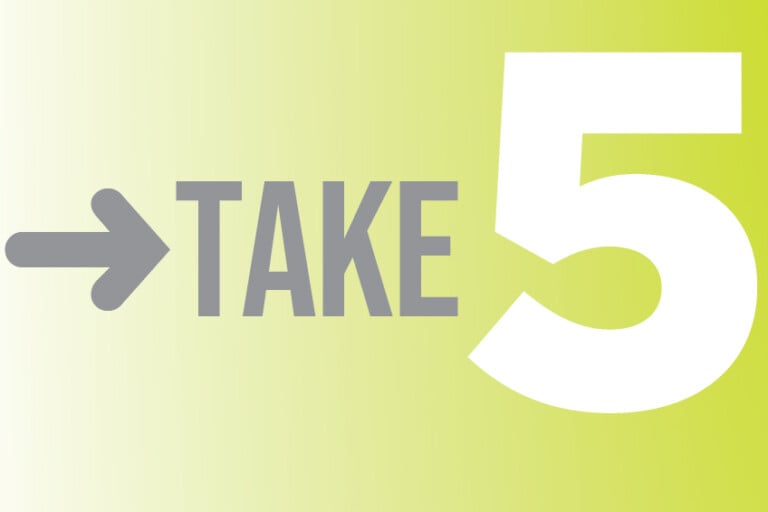Take 5: skilled talent, tech demand and inflation
NH Business Review's biweekly snapshot of business and industry statistics

A new analysis from the NH Fiscal Policy Institute revealed that New Hampshire’s population grew by 30,300 people between 2020 and 2024. Areas such as the Lakes Region and White Mountains saw population increases, likely fueled by retirees and remote workers. However, some places like Berlin, Keene and Durham lost residents. Carroll County led the state in growth, with towns like Brookfield (+8.9%), Tuftonboro (+6.6%), and Moultonborough (+6.2%) far outpacing the state average.
The Best and Worst States for Health Care study was recently conducted by WalletHub, which revealed that New Hampshire ranked at No. 1 for having the best health care in the country. The Granite State was found to have the fourth-lowest out-of-pocket medical spending in the U.S., and it had the lowest average monthly health insurance premium, at around $470.
In a new study by Eden Emerald Mortgages, New Hampshire was ranked in second for lowest vacancy rates, at 3.3%. Oregon leads the U.S. for those states with low vacancy rates for renters with 11.9%. New Hampshire’s homeowner vacancy rate was 0.4%, tying with Maine, but less than neighboring Vermont, 0.6%.
New Hampshire residents placed second in a study by GoBolt that analyzed e-commerce revenue per capita. Spending in the Granite State was $4,272 per capita on online purchases, which is 17% above the national average. Online retailers generated $4.95 billion in annual revenue in the state, which has no retail tax. Hawaii was ranked as having the highest e-commerce revenue per capita, with Wyoming and Vermont trailing close behind New Hampshire, at No. 3 and 4, respectively.
APew Research Center report recently found that most U.S. adults have been a victim of an online scam or attack. The survey found that 73% of U.S. adults have experienced things like credit card fraud, ransomware or online shopping scams. Americans most commonly report that online hackers made fraudulent charges on their credit or debit card, with 48% of Americans reporting this has happened to them.